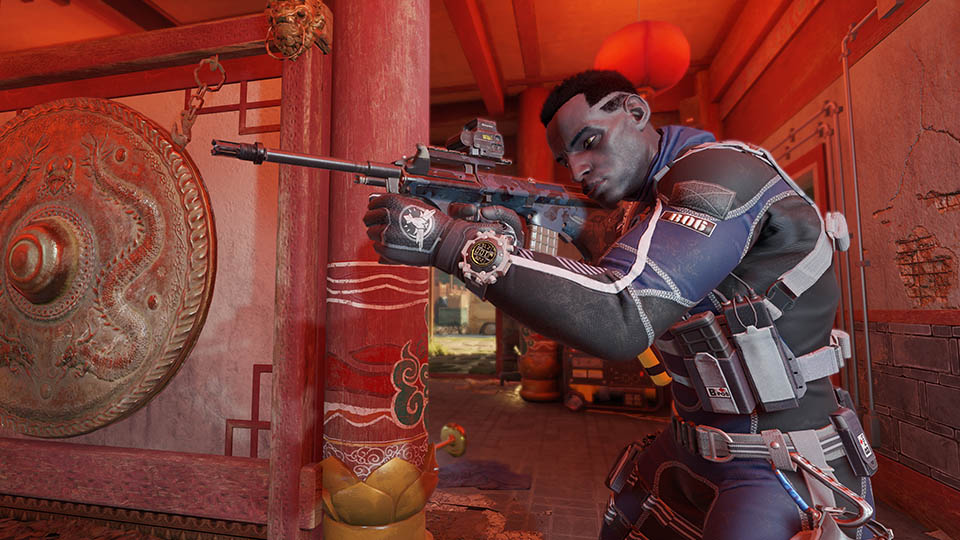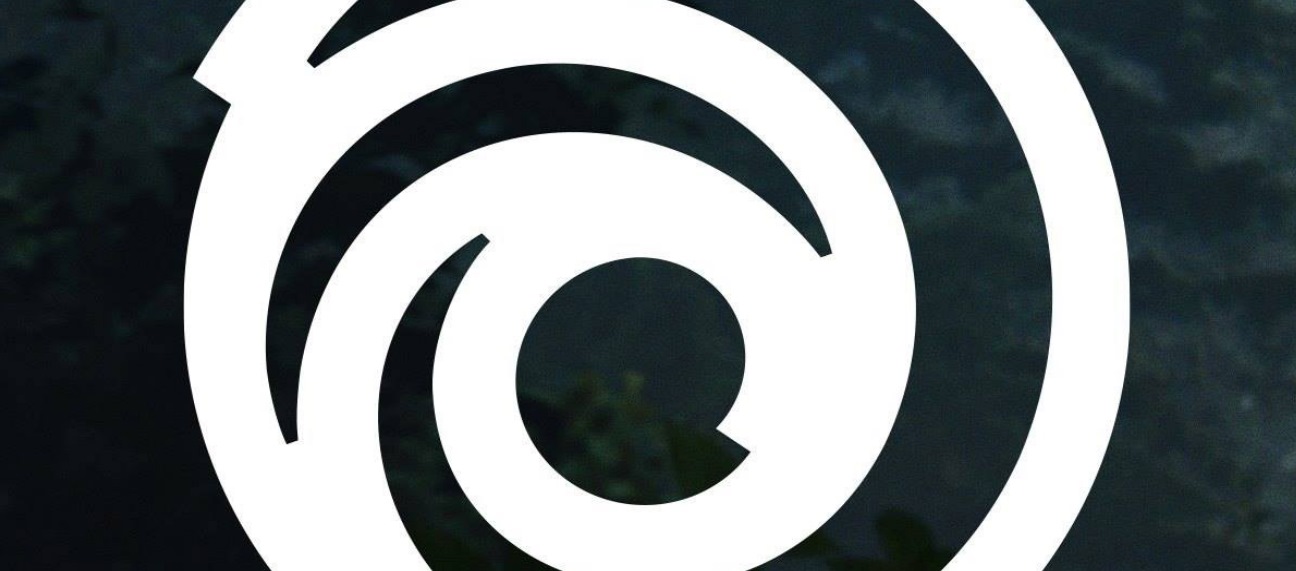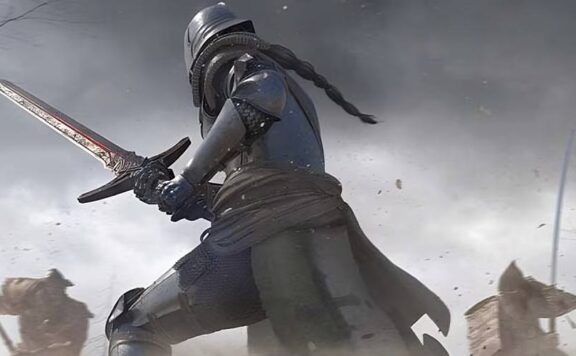Ubisoft are looking to shake up their business strategy and portfolio of games and shift away from relying almost exclusively on big budget AAA releases, it has been revealed in an earnings call following the company’s Q3 financial report. While its plans for fiscal year 2022, which runs from April 2021 through March 2022) are unchanged and will still feature three major AAA games as per their established yearly template, after this point, Ubisoft will shift away from those games being the core pillar of their business. Game series like Assassin’s Creed and Far Cry likely aren’t going anyway, but we can expect to see more free-to-play and other experiences feeding in as well.
Company CFO Frederick Duguet explained, “We said for a number of years that our normal template is to come with either three or four AAA games, so we’ll stick to that plan for fiscal 2022, but we see that we are progressively, continuously moving from a model that used to be only focused on AAA releases to a model where we have a combination of strong releases from AAA and strong back catalog dynamics, but also complimenting our program of new releases with free-to-play and other premium experiences.”

Far Cry 6 was recently delayed to later in 2021.
What the future will look like for Ubisoft is particularly curious, then. Games like Far Cry 6, Rainbow Six Quarantine, Skull & Bones, Riders Republic and more are still on the cards are paid games, but Ubisoft have also experimented over the past few years with more of a Games as a Service business model at times. Rainbow Six Siege, For Honor and The Division have all enjoyed varying degrees of success in that arena, for example. There have also been forays into free-to-play gaming with the likes of Brawlhalla and battle royale Hyper Scape – a game that was notably unmentioned in the call and was a flop for the company.
There’s clearly some range in how Ubisoft release their games, but the implication seems to be that they really want to tap into the mobile gaming market. They have a number of mobile games, such as Might & Magic: Chess Royale, the controversial Tom Clancy’s Elite Squad and Idle Restaurant Tycoon which were released in the last few years, but mobile gaming only makes up around 9% of the company’s total business.
They’ll be hoping to expand that by investing in titles like the previously announced Assassin’s Creed mobile game developed with the help of Tencent for the Chinese market.
Duguet said, “In fiscal 2022, we will continue our evolution from a AAA release-centric model toward a model where AAA stands alongside new premium and free-to-play innovative experiences across platforms. These diverse experiences will feed on each other through complementary gameplay and business models.”

Rainbow Six Siege remains as popular as ever, despite being six years old.
As they look to make this shift, Ubisoft is still able to rely on the long-term revenue that their back catalogue of games provides. Rainbow Six Siege might be six years old, but there were 15 million new players in the last year, while games like Far Cry 5, The Crew 2, Assassin’s Creed Odyssey, older Just Dance games and Mario + Rabbids are still selling relatively well.
I think the key thing here is that, while Ubisoft can invest in and chase more profits, gamers will be keen to see them not sell out entirely to the mobile and free-to-play market. There are already a wide range of microtransactions that are inserted into games like Assassin’s Creed Valhalla, and as we see all too often in video games, the balance between microtransactions that feel fair and free-to-play monetisation that feels exploitative is a difficult one to judge.
Source: IGN


